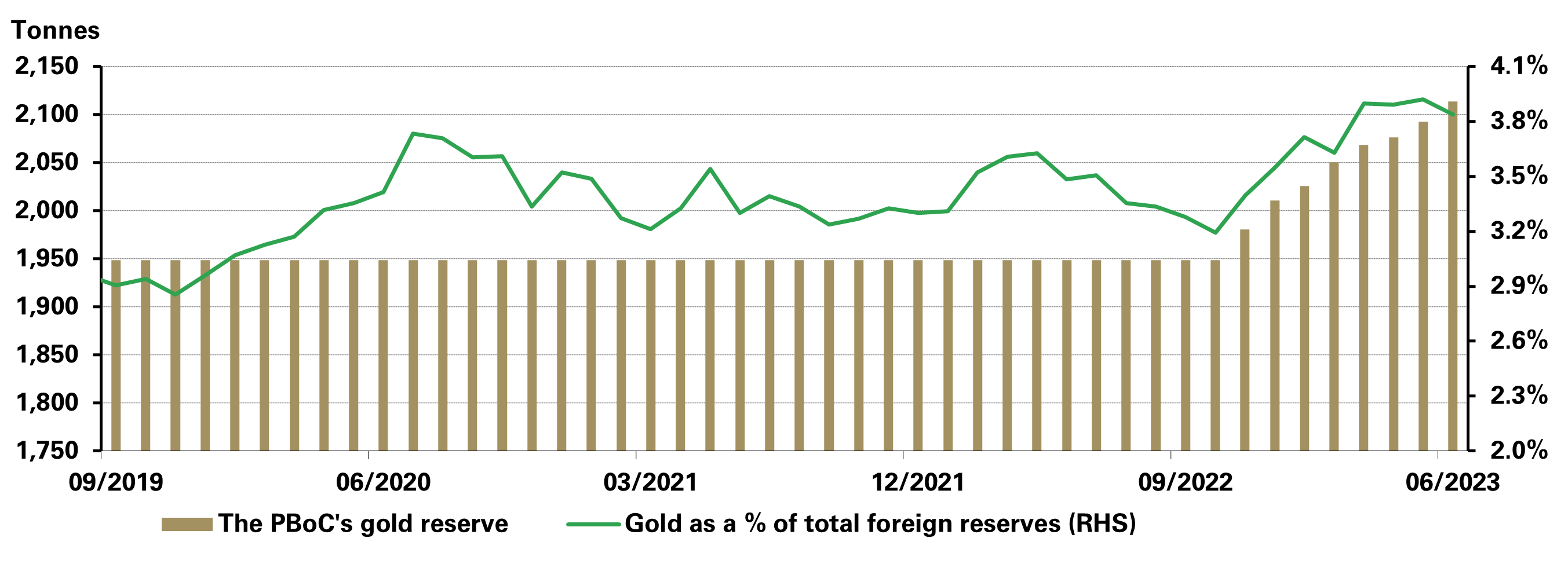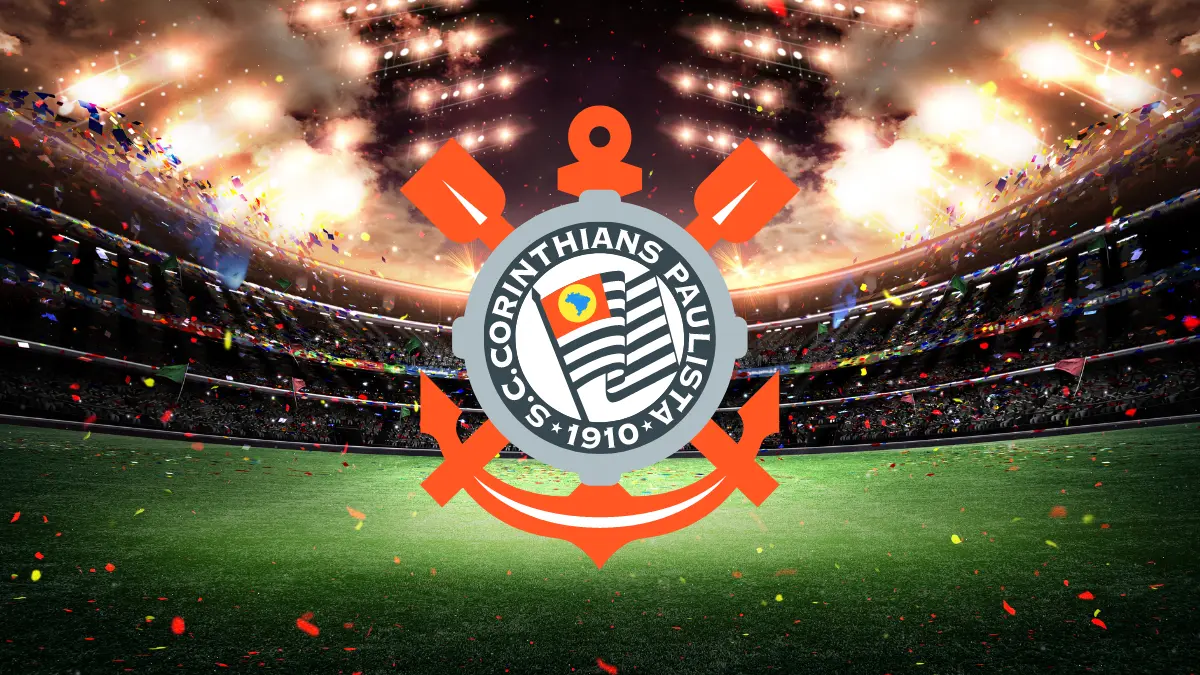The Count Of Monte Cristo: A Review For Modern Audiences

Table of Contents
A Thrilling Plot That Still Captivates
Revenge as a Central Theme
Edmond Dantès's quest for revenge forms the heart of The Count of Monte Cristo. While the novel was written in the 19th century, the complexities of revenge remain profoundly relevant. Is revenge ever truly justified? Dumas masterfully explores this moral ambiguity, presenting a protagonist whose actions, while understandable given his suffering, lead to unforeseen consequences.
- The Justification of Revenge: Edmond's suffering is immense, making his desire for retribution palpable. Modern audiences can still relate to the feeling of being wronged and the impulse for revenge.
- The Cyclical Nature of Revenge: The novel shows how revenge often begets more revenge, creating a destructive cycle. This theme resonates strongly with modern discussions about conflict resolution and the importance of forgiveness.
- Lasting Consequences: Edmond's pursuit of revenge drastically alters his life and the lives of those around him. This highlights the long-term repercussions of vengeful actions, a cautionary tale applicable to modern society. The consequences extend beyond the immediate targets, impacting innocent bystanders and causing unforeseen ripple effects.
Intrigue and Suspense
Dumas is a master of suspense, weaving a complex plot filled with twists, turns, and unexpected revelations. The pacing of the narrative keeps readers hooked, and the mystery surrounding Edmond's identity and his plans maintains its effectiveness even by today's thriller standards.
- Masterful Plot Twists: The novel is full of surprises that keep the reader guessing until the very end. The revelation of Edmond's identity and his elaborate schemes are masterfully executed.
- Narrative Pacing: The story is expertly paced, building tension gradually and delivering satisfying payoffs. The slow burn approach to revealing information is effective, building anticipation.
- Comparison to Modern Thrillers: While modern thrillers often rely on graphic violence, The Count of Monte Cristo achieves suspense through psychological manipulation, intricate plotting, and a masterful use of foreshadowing.
Enduring Characters and Their Modern Relevance
Edmond Dantès: The Anti-Hero
Edmond Dantès is far from a perfect hero. His transformation from an innocent, hopeful young man to a cunning and vengeful Count is a compelling exploration of trauma and the human capacity for both good and evil. He embodies the complexities of the anti-hero, a character archetype still prevalent in modern literature and cinema.
- From Victim to Vengeful Count: His journey is a powerful portrayal of the impact of injustice and the lengths to which people will go to seek justice.
- Moral Ambiguity: Edmond's actions are not always morally sound, forcing readers to question their own ideas about justice and vengeance. His methods, while effective, often stray into ethically questionable territory.
- Modern Character Archetypes: He embodies various modern character archetypes, from the wronged individual seeking redress to the calculating mastermind.
Supporting Cast
The supporting characters in The Count of Monte Cristo are equally compelling and contribute significantly to the novel's overall impact. Fernand Mondego, Mercédès, and Abbé Faria each play crucial roles in shaping Edmond's journey and exploring the broader themes of the novel.
- Fernand Mondego's Envy and Betrayal: Fernand's jealousy and ambition drive the plot, highlighting the destructive nature of unchecked desires.
- Mercédès's Naivety and Regret: Mercédès's actions and their consequences explore themes of love, loss, and the challenges of second chances.
- Abbé Faria's Mentorship and Redemption: Abbé Faria's role as mentor and guide highlights the power of knowledge and the possibility of redemption.
Themes That Resonate Across Time
Justice and Injustice
The Count of Monte Cristo explores the complexities of the justice system, highlighting its flaws and the potential for corruption and inequality. These themes remain acutely relevant in modern society.
- Flaws in the Legal System: The novel depicts a system susceptible to manipulation and injustice, highlighting issues of corruption and bias that resonate with modern concerns.
- Parallels to Modern Issues: The novel's exploration of institutional failures and the struggle for justice mirrors contemporary debates about systemic inequalities and the fight for reform.
Betrayal and Redemption
The novel delves into the devastating impact of betrayal and the possibility of redemption, both for the betrayer and the betrayed. These themes resonate powerfully with modern readers grappling with similar issues in their personal lives.
- Different Forms of Betrayal: The novel showcases various forms of betrayal, including romantic betrayal, betrayal of trust, and betrayal of friendship, exploring the different types of betrayals and their impact on the individual.
- Potential for Redemption: While the novel focuses on revenge, it also allows for moments of redemption, indicating that even after acts of immense betrayal and wrongdoing, there is the possibility for reconciliation and forgiveness.
Love and Loss
Love and loss are central to the narrative, influencing the characters' actions and shaping their destinies. These universal themes continue to resonate deeply with modern audiences.
- Different Types of Love: The novel explores various kinds of love, including romantic love, familial love, and even a complex kind of love between mentor and student.
- Consequences of Loss: The emotional toll of loss, especially of loved ones and opportunities, is a theme that remains relevant to readers of all generations.
The Count of Monte Cristo: A Classic for a Modern World
The Count of Monte Cristo continues to captivate readers due to its thrilling plot, complex characters, and enduring themes. Recent adaptations, from film and television to graphic novels, further attest to its timeless appeal. The novel's exploration of revenge, justice, betrayal, and redemption remains highly relevant in the context of modern literature and popular culture. Its enduring popularity is a testament to Dumas's skill as a storyteller and the universal nature of the human condition.
Conclusion: Why You Should Rediscover The Count of Monte Cristo
The Count of Monte Cristo offers a captivating blend of adventure, intrigue, and profound themes that continue to resonate with modern readers. Its exploration of revenge, justice, betrayal, and redemption remains relevant in today's world. The memorable characters, intricate plot, and timeless themes combine to create a reading experience that is both thrilling and thought-provoking. Rediscover the gripping adventure and timeless themes of The Count of Monte Cristo today! Immerse yourself in the thrilling journey of Edmond Dantès and explore the enduring power of this classic novel. [Link to purchase the book] [Link to online version].

Featured Posts
-
 Lizzo Flaunts Hourglass Figure During Los Angeles Performance
May 04, 2025
Lizzo Flaunts Hourglass Figure During Los Angeles Performance
May 04, 2025 -
 Bredli Kuper I Leonardo Di Kaprio Pravda O Razrushennoy Druzhbe
May 04, 2025
Bredli Kuper I Leonardo Di Kaprio Pravda O Razrushennoy Druzhbe
May 04, 2025 -
 Gold Price Forecast Impact Of Back To Back Weekly Losses In 2025
May 04, 2025
Gold Price Forecast Impact Of Back To Back Weekly Losses In 2025
May 04, 2025 -
 16 Million Fine For T Mobile Details On Three Years Of Data Security Lapses
May 04, 2025
16 Million Fine For T Mobile Details On Three Years Of Data Security Lapses
May 04, 2025 -
 Acompanhe O Jogo Do Corinthians Horario E Onde Assistir Sao Bernardo
May 04, 2025
Acompanhe O Jogo Do Corinthians Horario E Onde Assistir Sao Bernardo
May 04, 2025
Latest Posts
-
 Analyzing The Relationship A Timeline Of Blake Lively And Anna Kendricks Interactions
May 05, 2025
Analyzing The Relationship A Timeline Of Blake Lively And Anna Kendricks Interactions
May 05, 2025 -
 Anna Kendrick The Missing Piece For The Accountant 3
May 05, 2025
Anna Kendrick The Missing Piece For The Accountant 3
May 05, 2025 -
 Fans Stunned By Anna Kendricks Actual Age
May 05, 2025
Fans Stunned By Anna Kendricks Actual Age
May 05, 2025 -
 The Blake Lively And Anna Kendrick Feud A Detailed Timeline
May 05, 2025
The Blake Lively And Anna Kendrick Feud A Detailed Timeline
May 05, 2025 -
 The Blake Lively And Anna Kendrick Feud Fact Or Fiction
May 05, 2025
The Blake Lively And Anna Kendrick Feud Fact Or Fiction
May 05, 2025
